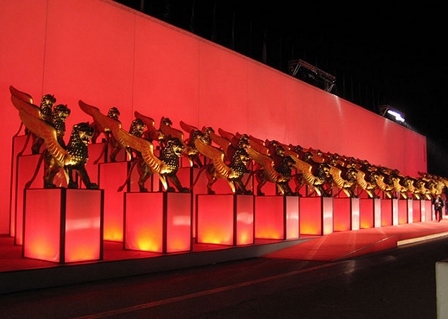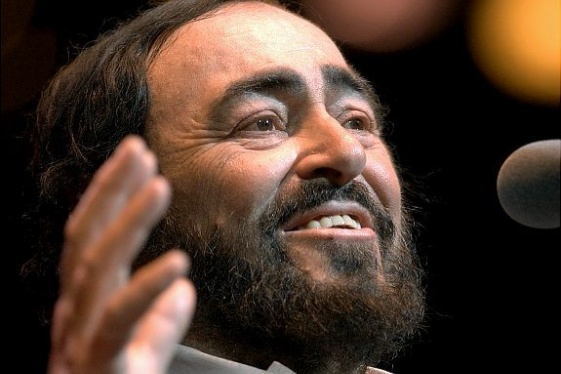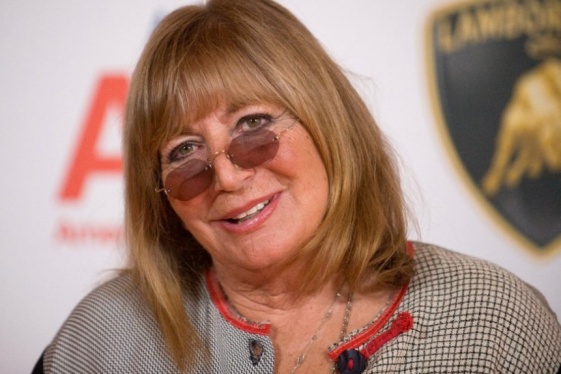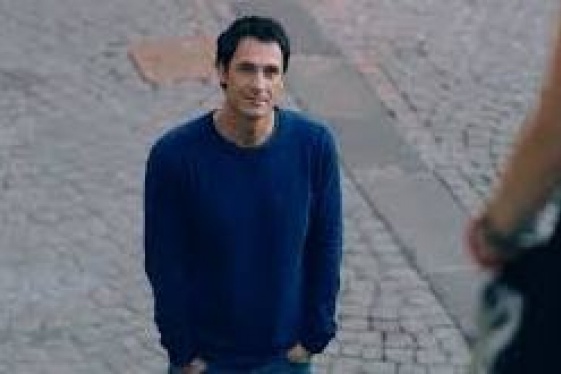

WTI Magazine #67 2015 September, 4
Author : Edoardo Peretti Translation by:
In these very days the 72th edition of the Venice Film Festival is taking place, one of the key events on the agenda of film fans and professionals from every corner of the globe; if only for the fact that it was the first international festival in history (and the second major "film prize" ever, after the Oscars, opened in 1929). The first edition of the Venice Film Festival was held in 1932, organized by Count Giuseppe Volpi di Misurata, then president of the Venice Biennale, eager to create an international showcase for Italian and international cinema, and not just for the typical fascist educational purposes.
Since that non-competitive first edition, some of the biggest names in the world of cinema were attracted from the lagoon. The event was presented as an essential showcase of international cinema, in a glamorous and elegant setting. From "Frankenstein" by James Whale to "Snow White and the 7 Dwarfs" by Walt Disney, numerous future milestones of the seventh art were presented at the Venice Film Festival.
As obvious, an event linked from its birth to the fascist regime and its political context could not remain immune to international events. Thus, between 1938 and 1939, in the wake of the signing of the pact of steel a first big changement happened: American films disappeared, and in the following years there was a sort of monopoly of Italian and German works, in an increasingly autocratic propaganda.
After the war, in 1946 the Venice Film Festival reopened its doors, beginning the most important and lush twenty years of its history, the period that definitely transformed it in an event of capital importance. Between a worldly reception and a walkway of some overseas superstar, the following editions of the festival allowed to Italian cinema to introduce its most important authors: from the works of neorealism to Fellini and Antonioni, through Olmi, Monicelli, Rosi and Visconti. Besides, the festival saw the discovery of marginal film movements, as the Japanese cinema led by Akira Kurosawa, or the free British cinema of the sixties.
Cinema is also mirror and bass drum of the social tensions, trends and policies. Thus, in 1968 the show underwent a major change in the wake of the '68 protest. A group of people, all politically committed and employed in the cinema system, publicly challenged the nature of the festival. So, from 1969 the festival returned at a non competitive formula, and in the following decade a few editions were not organized. In this decade, however, the event was able to intercept and promote the most important trends in world cinema, and certainly did not lack important films and filmmakers. If from a strictly cinephile view, the consequences of the complaints were not that damaging and severe, more decisive was the overall impact on the festival, which lost some of the appeal and charm gained in the previous decades. It was a bit as if the two ingredients, glamor and cinefilia, both fundamental, were mismatched; and one of the two ingredients, even if excellent, alone could not really make a delicious delicacy.
The recovery of the charm, still a bit pale, began in 1980: the awards were reintroduced, getting back the most attractive and charming part of the event. What was probably not recovered, though, was the worldliness which characterized the "classic" editions, but mainly because times had changed, together with the changing of some social conception of "living" the cinema. The more immediate glamor and attraction are found especially in the choice to alternate, to the delight of fans and photographers, the most spectacular authors and films and established commercial works with more refined and non commercial authors, new directors or unknown cinematography. In principle, this trend continues today: depending on who is the director of the festival (which changes every year), a slightly more moviegoer and authorial vision can prevail, or on the contrary the most spectacular and immediate appeal will be at thecenter of the stage: but in the end, the festival always try to satisfy both needs.
Italy shares with France the record of the won Golden Lions: 11, earned by our country mostly between 1946 and 1969. Apart from the awards, Venice has always been the best showcase for our film. The somehow important filmmakers for our cinema who have never been at the venice Lido can be counted on the fingers of one hand, and all the trends that have characterized the Italian history of the seventh art appeared and matured in Venice (in recent years, especially in sidebars, more suitable for refined and innovative works).
Less obvious, and perhaps more important in giving to the event the fundamental importance, it is the fact that also many of the international trends that have made the history of cinema found in Venice their beginning and their fame. That's what made and makes the Venice festival a must for fans from all over the world, and one of the leading examples of the value of we the Italians in the cultural and entertainment system.
You may be interested
-
New York Italians Movie Night: "C'eravamo ta...
Dear Friends, New York Italians in collaboration with Fordham University, Department...
-
Pavarotti. Il mondo di Big Luciano. Anteprim...
Il mondo di Luciano Pavarotti e la sua grande carriera di cantante lirico rivivranno il 23...
-
'A League of Their Own' director Marshall dea...
Actress and director Penny Marshall, whose love of sports made her a regular in the Los An...
-
'Alone': How Italian town with 1st known viru...
Italy delivered the first shocking confirmation of locally transmitted coronavirus infecti...
-
'Avengers: Infinity War' Directors Inducted I...
The Russo Brothers were a pair of the Marvel Cinematic Universe's best directors even prio...
-
'Boardwalk Empire' Season 5 News: Vincent Pia...
Recently, actor Vincent Piazza, who plays up-and-coming gangster Lucky Luciano on the show...
-
'Bottom of the 9th': Film Review
With films like Two Family House and City Island, director Raymond De Felitta found easy c...
-
'Buongiorno Papà' vince Nice Festival Usa
'Buongiorno papà' di Edoardo Leo, film sui quarantenni single in Italia, interpretato da R...










